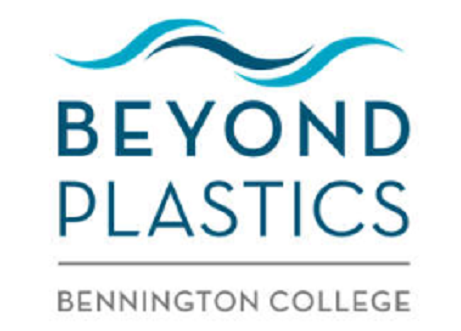Press Release – NY City Council Speaker Quinn is Asked for Hearings on Radon in Marcellus Gas Coming to NYC
June 5, 2012PASA Asserts its Position in Favor of a Moratorium on Unconventional Gas Extraction
June 12, 2012By Will Bunch and Daily News Staff Writer, Philly.com, June 6, 2012
OK, SO THINGS aren’t looking so good right now for flamboyant Oklahoma City oil-and-gas mogul and possibly now ex-billionaire Aubrey McClendon.
The CEO of Chesapeake Energy has federal securities agents asking hard questions about $1.3 billion in personal loans; famed corporate raider Carl Icahn is outside his doorstep; and McClendon has watched the company stock that’s the bulk of his fortune lose half of its value since August.
But not to worry: McClendon has a plan.
You could call it, “frack, baby, frack.”
And a corner of Pennsylvania is ground zero.
Last month, McClendon told Wall Street analysts in a conference call that the troubled energy giant that bills itself “the world’s biggest fracker” plans to save itself by shifting from “a strategy of asset capture to a strategy of asset harvest.”
That’s fancy talk for drilling more wells than ever across the thousands of acres of prime Marcellus Shale real estate that Chesapeake already has under lease. The epicenter, McClendon told Wall Street, would be the southwestern corner of Pennsylvania as well as adjacent regions in Ohio and West Virginia, where wells tend to pull up liquid gases like ethane that are now fetching a higher price.
And McClendon’s Hail Mary pass got an indirect boost this week from Gov. Corbett — whose career-making 2004 election as attorney general came after the energy tycoon wrote checks for $450,000 that were funneled into the Pennsylvanian’s campaign.
Corbett aides have been quietly pushing for a 5-cent-a-gallon tax credit for Pennsylvania manufacturers that use ethane. Although pitched as an incentive to ensure that Royal Dutch Shell builds a massive ethane-cracking plant in Beaver County — a $1.7 billion corporate giveaway that Corbett defended Tuesday — the program could also drive up demand for the liquid gas at the core of new business strategy of the governor’s former benefactor.
Environmentalists in the Keystone State — who’ve been arguing that the natural-gas drilling boom is linked to polluted wells, troubling odors and even people lighting their tap water on fire — want to know more specifics about Chesapeake’s drilling plans, but they are wary.



